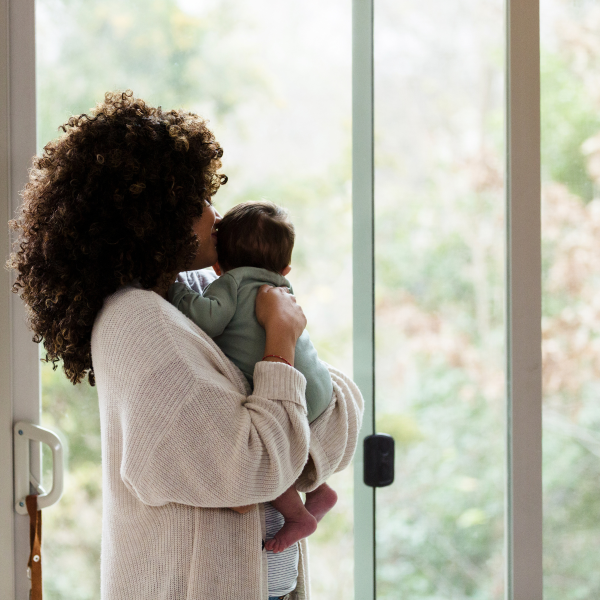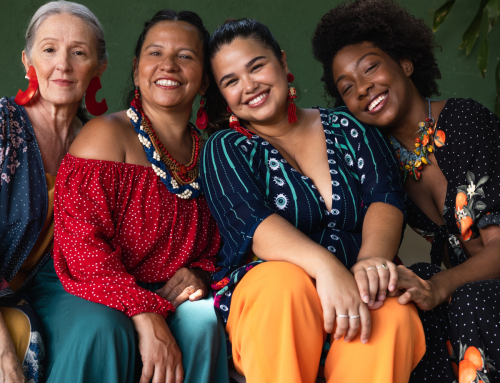
Bringing a child into the world is a profound experience that transforms not just your life as a woman but perhaps your very essence. The adage "a child changes everything" isn't hyperbolic; it's a profound truth. However, this transformative process that is childbirth is often accompanied by changes to the female body and vaginal health that leave some women seeking post-pregnancy solutions for what has traditionally been a taboo topic – vaginal rejuvenation.
New mothers often find themselves engrossed in the precious moments of bonding with their babies. However, the personal aftermath can be profound, leading to an array of physical and emotional challenges as they navigate a new chapter in their lives. The quest to regain pre-pregnancy bodily features can extend well beyond the outward changes of the abdomen and breasts, often focusing on intricate elements such as the vagina and its appearance, tightness, and sensations.
Understanding Vaginal Changes After Pregnancy
Pregnancy and childbirth initiate a cascade of hormonal and physical changes in a woman's body. Vaginal childbirth, in particular, can lead to stretching and sometimes even tearing of the vaginal tissues, potentially impacting sensation and tightness. While the vagina is an elastic organ designed to change during childbirth and return to a 'pre-baby state' over time, not all women experience this full recovery without residual changes.
Pelvic floor muscles, which form the base of the female reproductive system and support the bladder, can also become weakened or damaged during childbirth. Despite postnatal care and rehabilitation, a woman may still experience issues such as stress incontinence, a feeling of laxity, or decreased sexual satisfaction.
The Emergence of Vaginal Rejuvenation
Vaginal rejuvenation, a term that encompasses a variety of surgical and non-surgical procedures, has been on the rise in recent years. It's not about vanity; it's about reclaiming comfort, confidence, and sexual satisfaction — elements that are crucial for a woman's well-being and mental health.
Non-surgical options like laser therapy and cosmetic imperfection corrections are gaining popularity. These techniques often require no downtime or recovery post-treatment, and they promise to restore or improve vaginal health and appearance. One such treatment that has been gaining popularity because of its ease of use and at-home application is V-Health. Surgical vaginal rejuvenation procedures, which include vaginoplasty and labiaplasty, also exist for more substantial corrections, typically addressing internal or external structures based on individual needs.
Reclaiming Comfort and Confidence
Vaginal rejuvenation, especially when non-surgical, is not a one-size-fits-all solution. It's essential for women to consult with their healthcare providers to discuss their individual experiences and concerns before considering any procedure. These conversations should be detailed, covering expectations, potential risks, and the need for all alternatives to be exhausted, including pelvic floor therapy.
Women who've undergone vaginal rejuvenation often report experiencing significant improvements in the quality of their intimate life and personal comfort levels. They also often find that their journey isn't just about feeling 'back to normal' but establishing a new sense of self. The decision to undergo vaginal rejuvenation is personal and it can be a stepping-stone in post-pregnancy recovery, allowing mothers to fully embrace their role as nurturers while also nurturing their own well-being.
Embracing Open Discussion
The conversation around vaginal rejuvenation doesn't stop at understanding the process and its benefits or risks. An open dialogue is necessary to remove the stigma associated with seeking out such procedures post-pregnancy. For far too long, topics related to women's vaginal health and sexual satisfaction have been shrouded in silence, often leaving many to feel isolated in their experiences. In a supportive environment, women can discuss these concerns, learn about their options, and feel empowered to take control of their health and happiness.
The decision to explore vaginal rejuvenation after pregnancy is a deeply personal one with potential physical and psychological benefits. As new mothers embark on their journey, this option serves as an extension of self-care, supporting their transition into a life-altering phase. With proper education, consultation, and support, vaginal rejuvenation can offer a renewed sense of comfort, confidence, and joy to these resilient women. Post-pregnancy isn't solely a time to focus on the new life brought into the world; it's also about preserving and enhancing the life and health of the woman who made that miracle happen.






